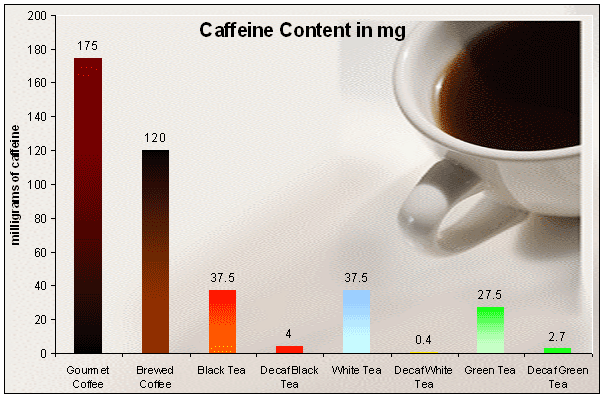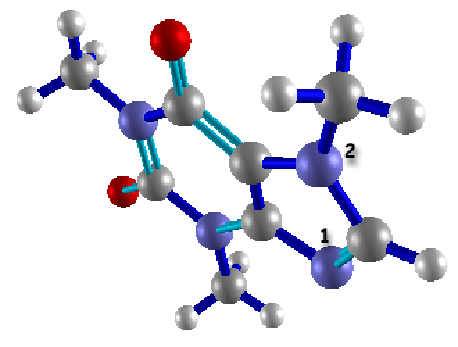

While caffeine doesn't give you energy in the traditional (food equals ATP) sense of the word, there's no doubt that it makes you feel more alert and energized.* Such a combo can thankfully be found in innovative supplements, like mbg's focus+. But as Ferira alluded to before, that slump scenario is, of course, if you're relying solely on instant-release caffeine rather than a strategic mixture of instant- and sustained-release caffeine sources. Unfortunately, at some point, that caffeine will give way to adenosine and-*crash,* you've hit that dreaded the 3 p.m. This antagonistic interaction with adenosine receptors also allows for the release of excitatory neurotransmitters-such as glutamate, norepinephrine, acetylcholine, dopamine, and adrenaline-by blocking inhibitory chemicals, Crouch adds. Caffeine competes with the latter from happening by taking adenosine's place and binding to its receptors 2. The net effect is increased stimulation,"* shares Johnson.Įssentially, adenosine builds up as you're awake and attaches to its receptors on brain cells later in the day (and through the night) to slow them down, making you feel sleepy. " reduces the activity of a neurotransmitter called adenosine, which is responsible for putting the brakes on other neurotransmitters that have an excitatory or stimulant effect. So if the "energy" we feel from caffeine doesn't come from fuel molecules or ATP, how do its effects on the central nervous system support that energizing feeling that our coffee or tea (so lovingly) offers us? "Despite what it may feel like, consuming caffeine does not increase cellular energy production (ATP) or provide fuel (i.e., protein, fats, carbohydrates) for muscles to perform," shares integrative registered dietitian Whitney Crouch, RDN, CLT.īut Crouch highlights what caffeine's energizing reputation is truly rooted in: "By stimulating excitatory neurotransmitters, it jump-starts the brain the way that adrenaline does, which sends messages to the rest of the body to perform."*

In the case of nutrition (i.e., where calories define metabolic energy), caffeine doesn't provide that type of nutrition 101 textbook energy at all. That sounds like the best of both worlds, if you ask us. "These sustained caffeine release profiles leverage novel absorption technology 1 to level out the increased caffeine levels in your body, leading to longer efficacy, minus the dreaded crash,"* says Ferira. She goes on to explain that, "there is also heightened potential for experiencing the caffeine 'crash' phenomenon, or rebound effects, with instant-release caffeine."īut as it turns out, extended-release caffeine exists.


Indeed, "the cognitive and physical energy is a temporary gift that instant-release caffeine gives,"* shares Ashley Jordan Ferira, Ph.D., RDN, mbg's vice president of scientific affairs. So, you can say it increases energy in the short term at the expense of the long term, to a degree,"* he explains. "You can call that energy, but there will certainly be a rebound effect when dealing with meaningful doses. Johnson, Ph.D., professor in psychiatry and behavioral sciences at Johns Hopkins. " does indeed have the ability to maintain alertness when one would otherwise be tired, and it increases behavior in many cases,"* says Matthew W.


 0 kommentar(er)
0 kommentar(er)
